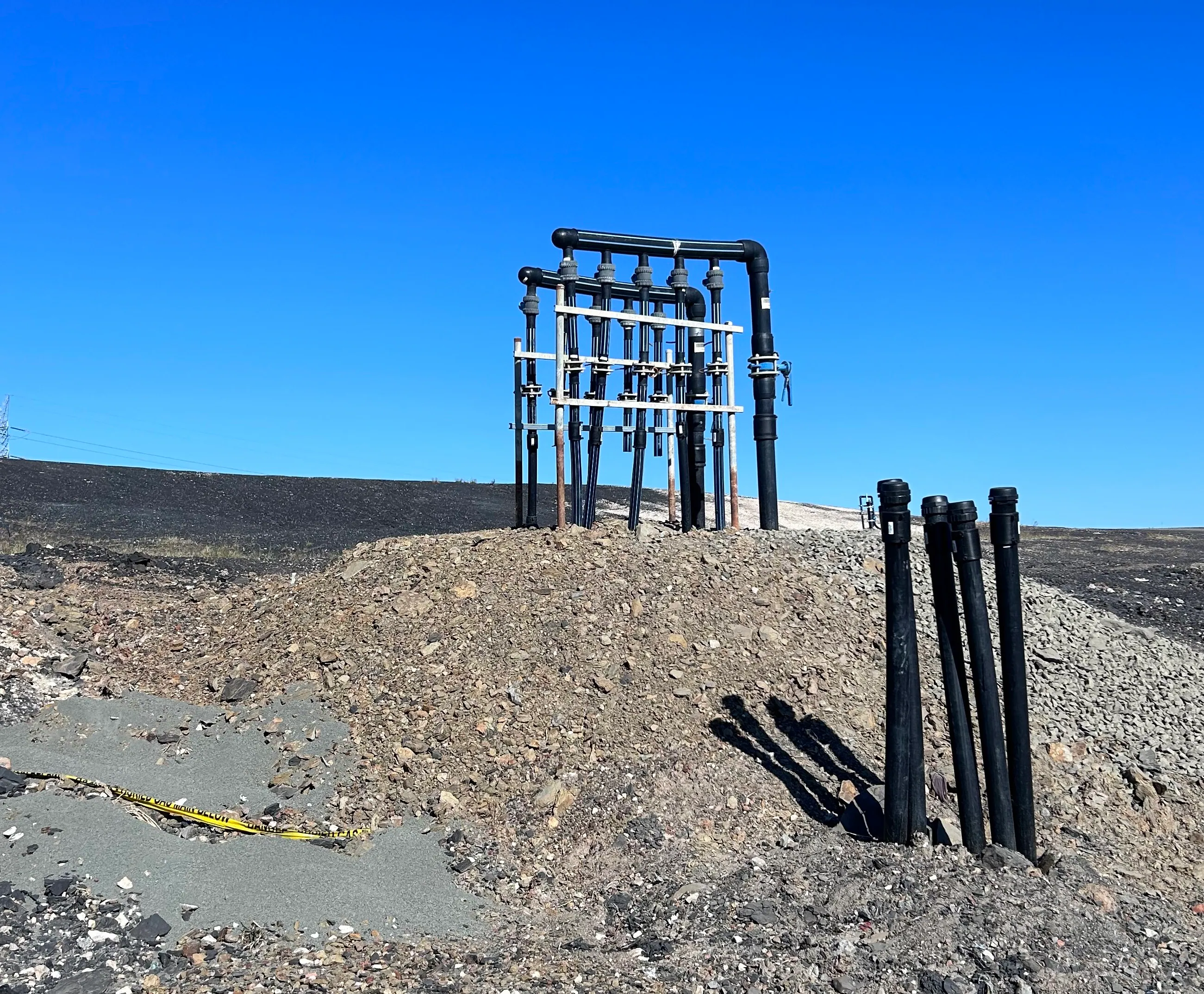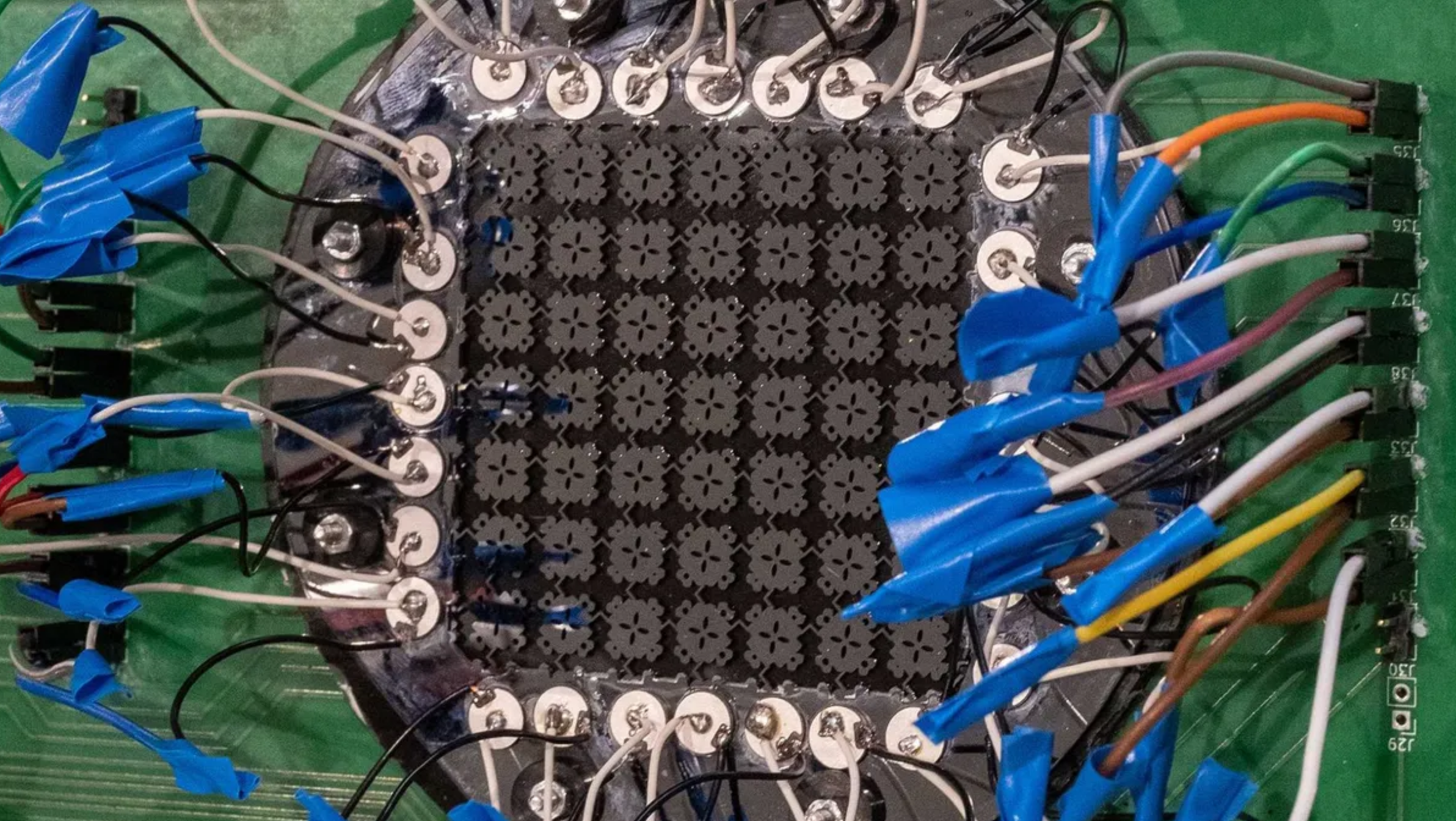The Breakthrough in Aviation
Researchers at the University of Sydney have taken a significant step towards a more sustainable aviation industry. They’ve developed a new plasma-based chemical process that could transform a major environmental headache – landfill methane emissions – into clean-burning jet fuel.
Landfill gas, with methane as a major component, significantly threatens our environment. Methane’s heat-trapping potency surpasses that of carbon dioxide by a significant margin, and recent years have witnessed a drastic surge in methane emissions, primarily attributed to activities such as landfill disposal and combustion of fossil fuels.
The Science Behind Converting Methane to Jet Fuel
The Sydney team’s innovation tackles this challenge head-on. Their process utilizes a technique called non-thermal plasma-driven biogas upcycling. Landfill methane is extracted and then subjected to a specific type of plasma discharge. This creates an environment that triggers chemical reactions, transforming the methane into more complex hydrocarbon chains – the building blocks of jet fuel.
The Promise of Sustainable Air Travel
This plasma-based approach offers several advantages. By converting methane into jet fuel, it provides a sustainable alternative to fossil fuels, contributing to a lower carbon footprint for the aviation industry. Operating at low temperatures and atmospheric pressure, this process is energy-efficient. Moreover, it has the potential to integrate with renewable energy sources to power plasma generation, further enhancing its sustainability.
While still early in development, this research offers hope for aviation’s future by turning landfill waste into jet fuel. With further development, it could lead to a more sustainable air travel industry, showcasing scientific innovation in tackling environmental challenges.







